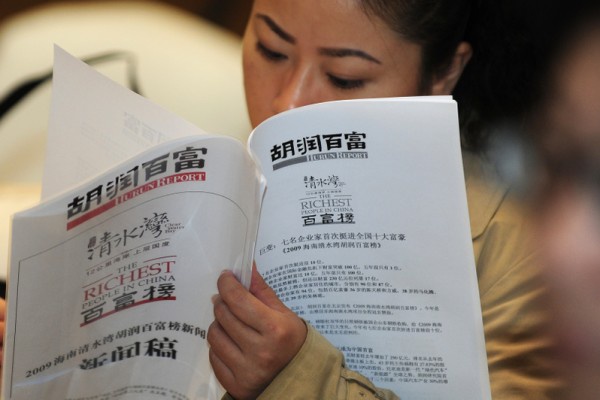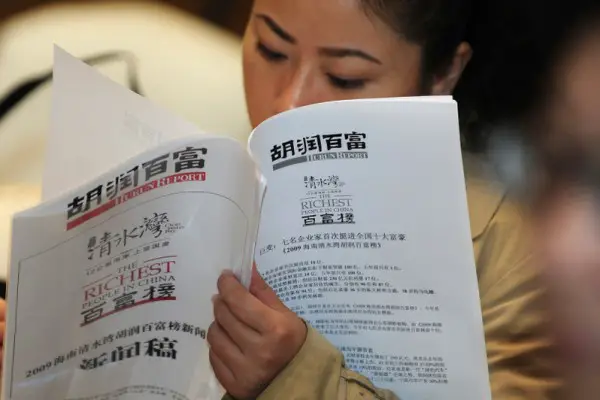By Liu Huawen, People's Daily

China was re-elected by an overwhelming vote as a member of the UN Human Rights Council in New York on October 28, reflecting the nation’s outstanding achievement in human rights protection.
Founded in 2006, the UN Human Rights Council is the UN’s most important organ responsible for human rights issues. All of its 47 member states are elected by the UN General Assembly.
With a respect for and resolution to protect human rights, both the Party and the Chinese government have been committed to economic and social development, people’s well-being, social justice and protection of human rights by applying universal principles of human rights.
By doing so, China has achieved progress in the economic, social, cultural and civil, political rights of the people, significantly improved the protection of people’s right to life and right to development, and established a development path that suits Chinese national conditions.
China never tackles human rights in an isolated way. In a congratulatory letter to the Beijing Forum on Human Rights in 2015, Chinese President Xi Jinping pledged that China will unswervingly follow the path of peaceful development and uphold human rights causes of China and of the world.
China treats development as a part of human rights and prioritizes right to life and right to development, which are not only the basic needs of the developing world, but also their contributions to theories and systems of international human rights.
China has vowed to help all its citizens get rid of poverty by building a moderately prosperous society in all respects by 2020. In addition, China has been pursuing an “innovative, coordinated, green, open and inclusive” development model and a people-centered sustainable growth.
Based on its Constitution and laws, China also implements the National Human Rights Action Plan of China (2016-20), the country’s third action plan on human rights. Those efforts increase people’s expectations for its progress on human rights protection.
On the one hand, the contemporary world has witnessed the rise of developing countries; on the other hand it also suffers imbalances in development of the North and the South. Amid such circumstances, China stands by the UN in promoting the 2030 Agenda for Sustainable Development.
The country also plays a leading role in implementing the agenda. Thanks to China’s active efforts, the G20 Summit held in Hangzhou this September for the first time specified the agenda for feasible execution by passing a G20 Action Plan on the 2030 Agenda for Sustainable Development. (The author is executive director at the Center for Human Rights Studies, Chinese Academy of Social Sciences.)
(Source: People’s Daily)
Founded in 2006, the UN Human Rights Council is the UN’s most important organ responsible for human rights issues. All of its 47 member states are elected by the UN General Assembly.
With a respect for and resolution to protect human rights, both the Party and the Chinese government have been committed to economic and social development, people’s well-being, social justice and protection of human rights by applying universal principles of human rights.
By doing so, China has achieved progress in the economic, social, cultural and civil, political rights of the people, significantly improved the protection of people’s right to life and right to development, and established a development path that suits Chinese national conditions.
China never tackles human rights in an isolated way. In a congratulatory letter to the Beijing Forum on Human Rights in 2015, Chinese President Xi Jinping pledged that China will unswervingly follow the path of peaceful development and uphold human rights causes of China and of the world.
China treats development as a part of human rights and prioritizes right to life and right to development, which are not only the basic needs of the developing world, but also their contributions to theories and systems of international human rights.
China has vowed to help all its citizens get rid of poverty by building a moderately prosperous society in all respects by 2020. In addition, China has been pursuing an “innovative, coordinated, green, open and inclusive” development model and a people-centered sustainable growth.
Based on its Constitution and laws, China also implements the National Human Rights Action Plan of China (2016-20), the country’s third action plan on human rights. Those efforts increase people’s expectations for its progress on human rights protection.
On the one hand, the contemporary world has witnessed the rise of developing countries; on the other hand it also suffers imbalances in development of the North and the South. Amid such circumstances, China stands by the UN in promoting the 2030 Agenda for Sustainable Development.
The country also plays a leading role in implementing the agenda. Thanks to China’s active efforts, the G20 Summit held in Hangzhou this September for the first time specified the agenda for feasible execution by passing a G20 Action Plan on the 2030 Agenda for Sustainable Development. (The author is executive director at the Center for Human Rights Studies, Chinese Academy of Social Sciences.)
(Source: People’s Daily)
 Menu
Menu
 World recognizes China’s progress in human rights protection
World recognizes China’s progress in human rights protection
















